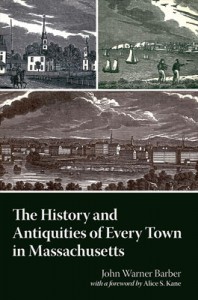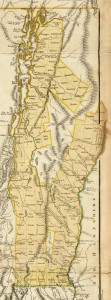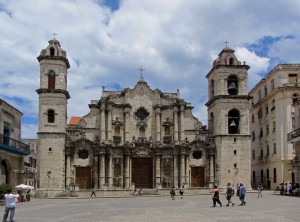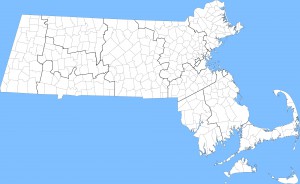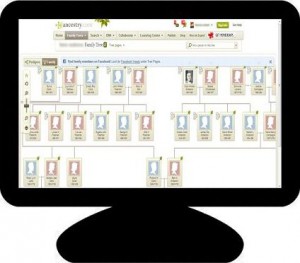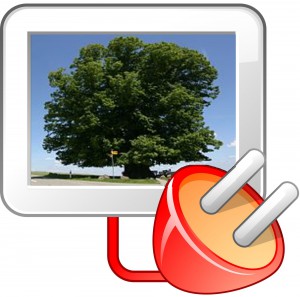
This year I was sorry to miss a festival my family has participated in annually since my childhood. During the fall, two Chinese festivals commemorate ancestors: the Ghost or Hungry Ghost Festival and the Double Ninth Festival. The Ghost Festival occurs on the fifteenth night of the seventh month in the Chinese lunar calendar (typically held sometime between mid-August and mid-September), and the ghosts of ancestors are said to be visiting their living descendants, who offer meals and material items for their enjoyment. The Double Ninth Festival that my family observes occurs on the ninth day of the ninth month (some time during the month of October), and we honor our ancestors at the cemetery. Continue reading Chinese burials in Boston


